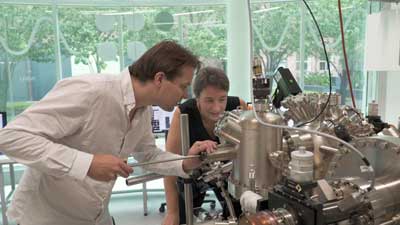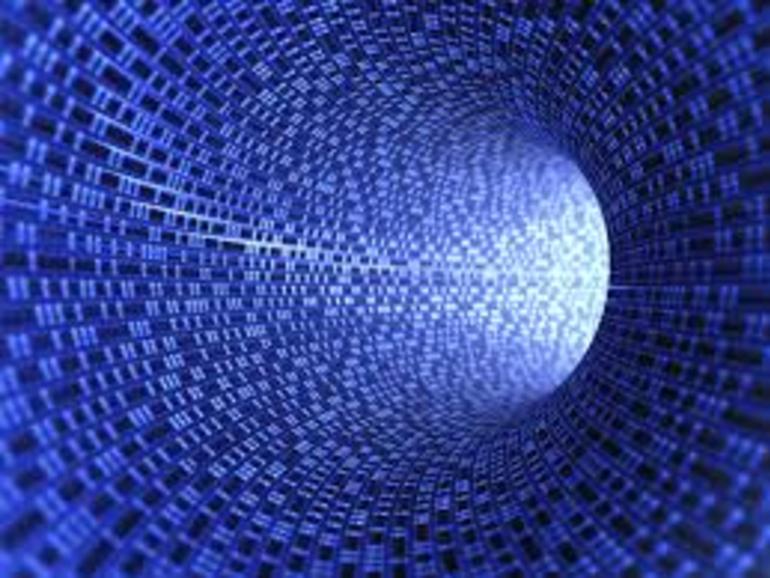Cryptocurrency is not infallible… yet.
With IBM’s announcement of Q System One, the world’s first commercially available quantum computing system, will the processing power sufficient to break blockchain become readily available?

Australia’s New South Wales scientists have adapted single atom technology to build 3D silicon quantum chips – with precise interlayer alignment and highly accurate measurement of spin states. The 3D architecture is considered a major step in the development of a blueprint to build a large-scale quantum computer.
They aligned the different layers in their 3D device with nanometer precision – and showed they could read out qubit states with what’s called ‘single shot’, i.e. within one single measurement, with very high fidelity.
“This 3D device architecture is a significant advancement for atomic qubits in silicon,” says Professor Simmons.


While our choices and beliefs don’t often make sense or fit a pattern on a macro level, at a “quantum” level, they can be predicted with surprising accuracy.
The irrationality of how we think has long plagued psychology. When someone asks us how we are, we usually respond with “fine” or “good.” But if someone followed up about a specific event — “How did you feel about the big meeting with your boss today?” — suddenly, we refine our “good” or “fine” responses on a spectrum from awful to excellent.
In less than a few sentences, we can contradict ourselves: We’re “good” but feel awful about how the meeting went. How then could we be “good” overall? Bias, experience, knowledge, and context all consciously and unconsciously form a confluence that drives every decision we make and emotion we express. Human behavior is not easy to anticipate, and probability theory often fails in its predictions of it.
Enter quantum cognition : A team of researchers has determined that while our choices and beliefs don’t often make sense or fit a pattern on a macro level, at a “quantum” level, they can be predicted with surprising accuracy. In quantum physics, examining a particle’s state changes the state of the particle — so too, the “observation effect” influences how we think about the idea we are considering.




University of New South Wales researchers at the Centre of Excellence for Quantum Computation and Communication Technology (CQC2T) have shown for the first time that they can build atomic precision qubits in a 3D device — another major step towards a universal quantum computer.
The team of researchers, led by 2018 Australian of the Year and Director of CQC2T Professor Michelle Simmons, have demonstrated that they can extend their atomic qubit fabrication technique to multiple layers of a silicon crystal — achieving a critical component of the 3D chip architecture that they introduced to the world in 2015. This new research was published today in Nature Nanotechnology (“Spin read-out in atomic qubits in an all-epitaxial three-dimensional transistor”).

